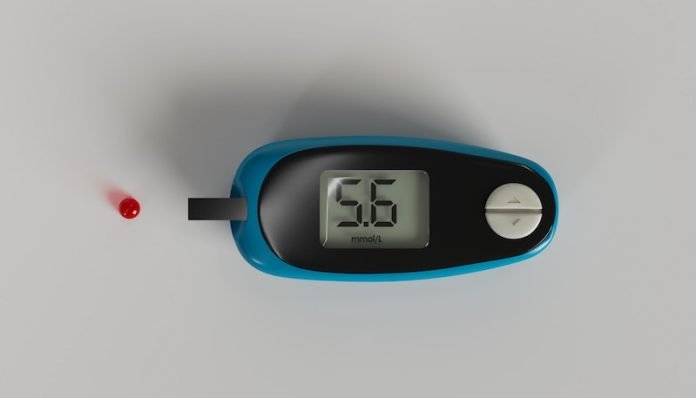
Unveiling the Link
A recent study sheds light on an important topic – the impact of high blood sugar on the risk of dementia after a stroke.
In simple terms, the researchers found that people who had high blood sugar after a stroke experienced a faster drop in their thinking abilities.
What Does This Mean?
Dementia is a condition that causes issues with memory, thinking, and behavior. If you’ve had a stroke, your chances of developing dementia can go up by a whopping fifty times.
But there’s a catch. This research shows that how fast your thinking abilities decline after a stroke might have a lot to do with your blood sugar levels.
If your blood sugar is high, you might face a faster decline. This was true even when the researchers considered other factors that could affect thinking skills.
The Bigger Picture
The research was conducted by a team from Michigan Medicine, part of the University of Michigan.
It was based on a bunch of data from the STROKE COG study, which gathered and analyzed data from four different studies spanning four decades.
The researchers worked with data from around 1,000 people who had strokes. These individuals had brain function tests and blood tests conducted for years before and after their stroke.
Out of this group, nearly 800 also had a gene test for a certain genetic variation. This variation, called APOE4, is known to increase the risk of Alzheimer’s disease.
The Blood Sugar Puzzle
What the researchers found was interesting. People with high blood pressure or cholesterol after their stroke did not experience a quick drop in thinking abilities.
However, those with high blood sugar did. This was true even for people with a high genetic risk for dementia.
These findings suggest that blood sugar levels after a stroke play a crucial role in the speed at which thinking abilities decline.
Thus, managing high blood sugar after a stroke could be a potential way to safeguard thinking abilities post-stroke.
Beyond the Findings
The researchers took into account various factors while analyzing the data, like age, income, education, lifestyle habits, body mass index, and medical conditions.
They also factored in the use of certain medications. Blood sugar measurements were taken, on average, two years after the first stroke.
About a fifth of the people in the study were already on diabetes medication before their stroke. None of these factors was tied to a faster loss of memory or decision-making abilities.
Looking Ahead
The researchers believe that these findings hint at the need for more clinical research.
They suggest that maintaining tight control on blood sugar levels in stroke survivors could potentially reduce the rate of cognitive decline and dementia. This applies to individuals both with and without diabetes.
It’s important to note that maintaining tight control on blood sugar has already been shown to help reduce certain complications in people with diabetes.
But whether this could help prevent small blood vessel disease in the brain is still unproven.
What Can Stroke Survivors Do?
In the meantime, people who have survived strokes should focus on managing their blood sugar levels, especially if they have pre-diabetes or diabetes.
It’s crucial, though, not to let blood sugar levels drop too low, as this can also increase the risk of dementia in older adults.
The study was a joint effort by an international team of researchers, led by Dr. Deborah A. Levine from Michigan Medicine, who is an expert in the field of cognitive health research.
This important study was mainly funded by the National Institute on Aging and the National Institutes of Health.
This kind of research is crucial for understanding how we can better manage the long-term effects of strokes and reduce the risk of dementia in stroke survivors.
If you care about diabetes, please read studies that pomace olive oil could help lower blood cholesterol, and honey could help control blood sugar.
For more information about diabetes and health, please see recent studies about the normal blood sugar for people with diabetes, and heavy cannabis use may decrease the incidence of diabetes.
The study was published in JAMA Network Open.
Copyright © 2023 Knowridge Science Report. All rights reserved.



